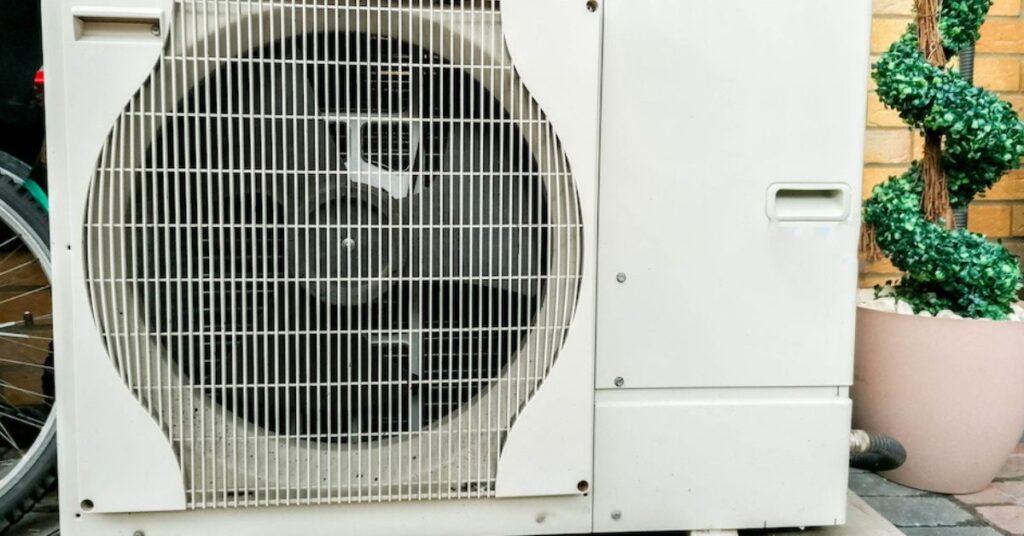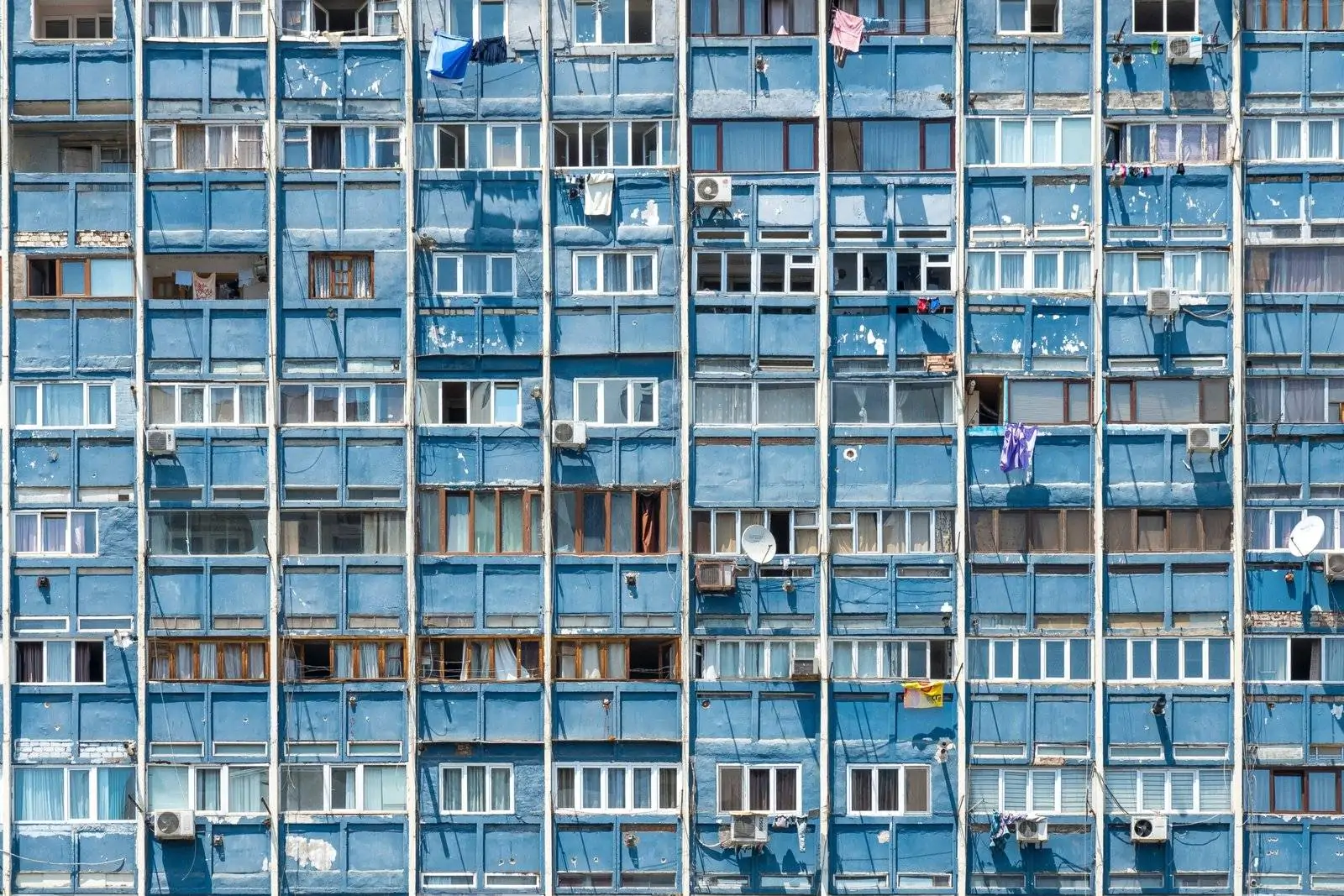If you’ve ever found yourself wondering why your HVAC (Heating, Ventilation, and Air Conditioning) system is making so much noise, you’re not alone. A noisy HVAC system can be annoying and concerning, but understanding the reasons behind the racket can help you address the issue effectively. In this blog post, we’ll explore why is my HVAC so loud and discuss potential solutions. Let’s get started.
1. Dirty or Clogged Air Filters
One of the most common reasons for a loud HVAC system is dirty or clogged air filters. Over time, air filters can become clogged with dust, dirt, and other debris, restricting airflow and causing your system to work harder than necessary. This increased strain can result in louder operation and reduced efficiency.
Solution: Regularly inspect and replace your air filters according to the manufacturer’s recommendations. This simple maintenance task can improve airflow, reduce noise, and prolong the life of your HVAC system.
2. Loose or Worn Components
Another culprit behind a noisy HVAC system is loose or worn components. Vibrations from the operation of the system can cause nuts, bolts, and other parts to become loose over time, leading to rattling or banging noises. Additionally, worn-out or damaged components such as fan blades or motor bearings can produce loud, persistent noises.
Solution: Schedule a professional HVAC inspection to identify and address any loose or worn components. Tightening loose fasteners and replacing worn parts can help restore your system to quiet operation.
3. Improper Installation
Improper installation of HVAC equipment can also contribute to excessive noise. If your system was not installed correctly or if ductwork is poorly designed or installed, it can result in noisy operation due to air leaks, vibrations, or restricted airflow.
Solution: If you suspect that your HVAC system was improperly installed, consider hiring a qualified HVAC technician to assess the installation and make any necessary adjustments or repairs. Properly installed equipment and ductwork can significantly reduce noise levels.
4. Aging Equipment
As HVAC systems age, they may become louder due to wear and tear on components such as motors, bearings, and belts. Additionally, outdated technology may not offer the same noise-reducing features found in newer models.
Solution: While regular maintenance can help prolong the life of your HVAC system, eventually, aging equipment may need to be replaced to restore quiet operation. Consider upgrading to a newer, more energy-efficient model with advanced noise-reducing features.
5. High Static Pressure
High static pressure within your HVAC system can also result in increased noise levels. Static pressure refers to the resistance that air encounters as it moves through the ductwork and components of the system. Excessive static pressure can strain the system and produce loud noises.
Solution: A professional HVAC technician can measure static pressure within your system and make adjustments as needed to reduce resistance and minimize noise. This may involve resizing ductwork, installing additional vents, or adjusting fan speeds.
Read More: How to Clean Moss Off Roof?
The Takeaway
In conclusion, a noisy HVAC system can be a nuisance, but it doesn’t have to be a permanent problem. By identifying the root cause of the noise and implementing appropriate solutions, you can enjoy a quieter and more comfortable indoor environment. Remember to schedule regular maintenance and address any issues promptly to keep your HVAC system running smoothly for years to come.

